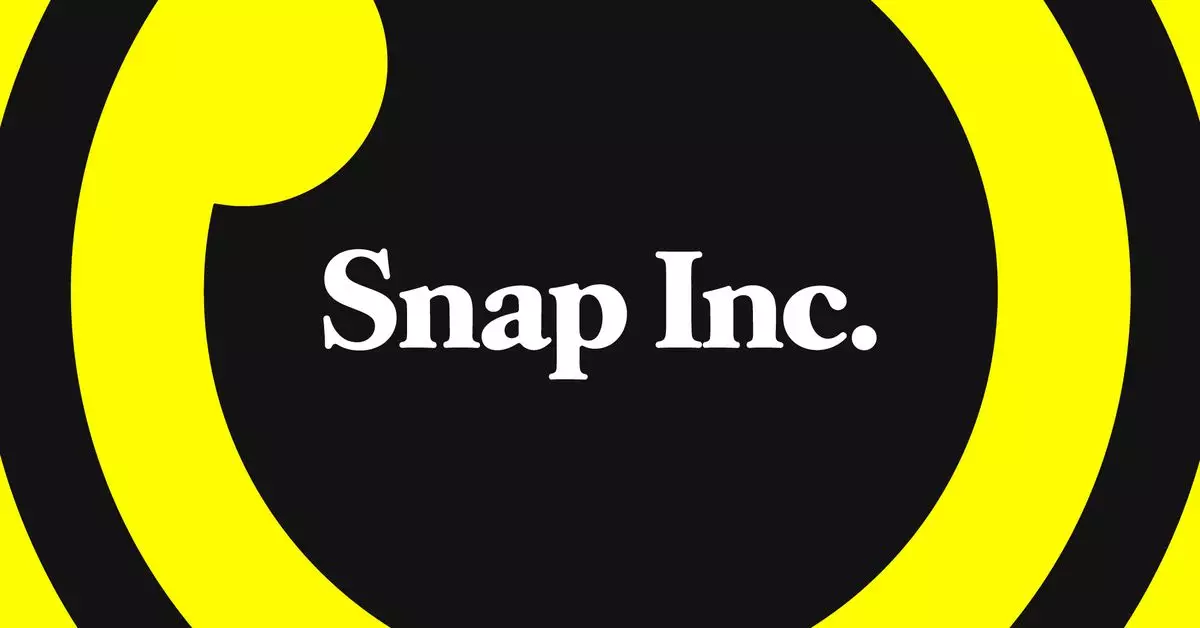A recent ruling by the Ninth Circuit Court of Appeals has revived a lawsuit against the anonymous messaging service Yolo. The lawsuit alleges that Yolo broke a promise to unmask bullies on the app, leading to severe consequences for some users. Yolo, a Snapchat-integrated app that allowed users to send anonymous messages, faced legal action after a teenage user died by suicide as a result of receiving harassing and sexually explicit messages.
The Ninth Circuit Court of Appeals overturned a lower court decision, stating that Section 230 of the Communications Decency Act should not block a claim that Yolo misrepresented its terms of service. The court determined that Yolo could be held accountable for failing to unmask and ban users who violated its terms of service, despite claiming to do so. The lawsuit argued that with only a small team, Yolo was unable to effectively monitor the large volume of users on the platform.
The plaintiffs in the case asserted that Yolo should have been aware that its anonymous messaging design facilitated harassment, making it defective and dangerous. They claimed that Yolo’s failure to uphold its promise to users constituted a breach of trust and legal liability. The court acknowledged that Yolo’s inability to enforce its content policies could have serious consequences for its users.
The ruling against Yolo sets a precedent for holding internet companies accountable for failing to deliver on promises made to users. While the Ninth Circuit Court emphasized that the decision does not expand liability for all internet companies, it signals a shift towards greater scrutiny of online platforms’ content moderation practices. The case highlights the ongoing debate over Section 230’s scope and the responsibility of tech companies to protect users from harm caused by their platforms.
Following this ruling, Yolo still has the opportunity to defend its actions and argue that it made reasonable efforts to enforce its user agreement. However, the case raises broader questions about the legal responsibility of online services to ensure the safety and well-being of their users. This decision could have far-reaching implications for the tech industry and how companies handle content moderation and user safety.
The Ninth Circuit Court’s ruling in the lawsuit against Yolo serves as a reminder of the legal implications of failing to uphold promises made to users. This case underscores the importance of transparency, accountability, and ethical responsibility for companies operating in the digital age. Online platforms must prioritize user safety and well-being to avoid legal ramifications and protect their reputation in an increasingly interconnected world.

